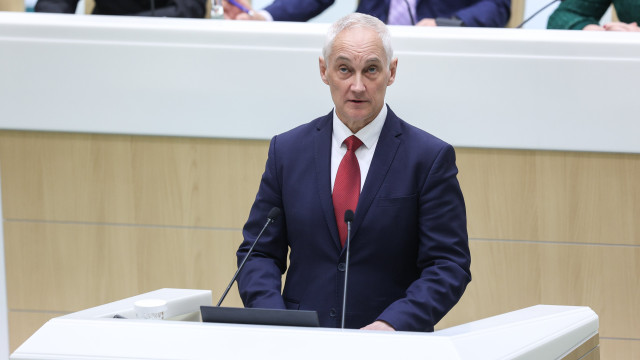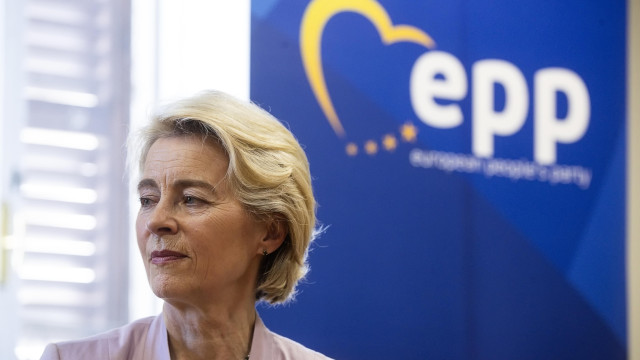Radev vetoed changes to the Investment Promotion Act that threaten environmental protection and create a risk of harming the public interest.
President Rumen Radev exercised his right of veto against certain provisions of the Investment Promotion Law, which threaten the constitutionally guaranteed right of Bulgarian citizens to a healthy environment. Without disputing the need to speed up the construction of the objects of strategic importance, the president returns for a new discussion in the National Assembly the texts, the implementation of which would lead to a decrease in the level of responsibility of the administration for the protection of people's lives and health during the implementation of large-scale projects. According to the head of state, the legislation should allow fast and high-quality construction of the important sites for Bulgaria, but at the same time be consistent with the state's obligation to protect its citizens and nature. This principled position of the president is consistently expressed when exercising his right of veto. This is the third time, after his decrees of 2017 and 2019, that Rumen Radev has objected to measures similar to those adopted in this law.
The provisions that shorten the time for the competent authorities to decide on the effects of a given project on the environment and introduce the principle of tacit consent for its implementation have been returned for a new discussion. The limitation of the possibilities for judicial control, as well as the extension of the validity of certain decisions, whose term expires or has already expired, are also disputed.
The head of state disputes the creation of prerequisites for the acquisition of property owned by public enterprises, which leads to the risk of harming the public interest.
According to the president's reasons, another discussion in the National Assembly is necessary also because these changes, introduced between the first and second reading in the procedure for adopting the law, were voted on without a public discussion, in the absence of a preliminary impact assessment, as well as financial justification. /BGNES

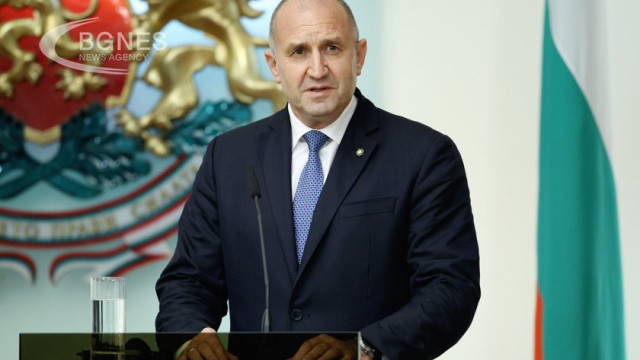
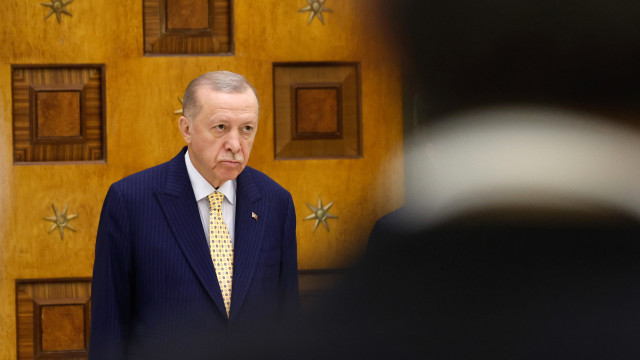
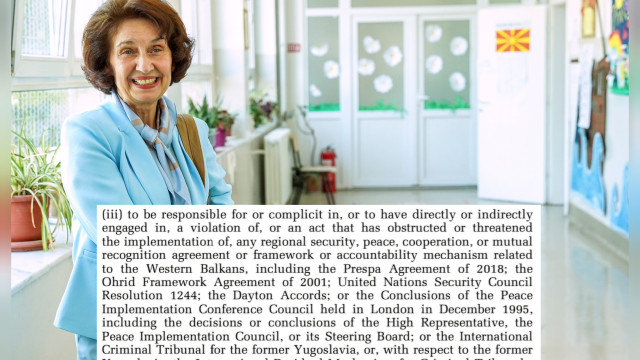
.jpg)
